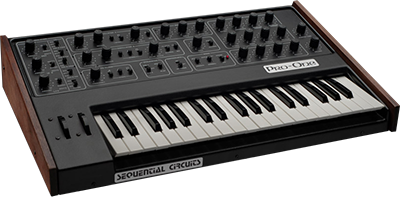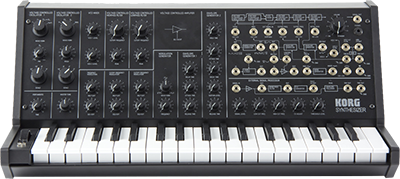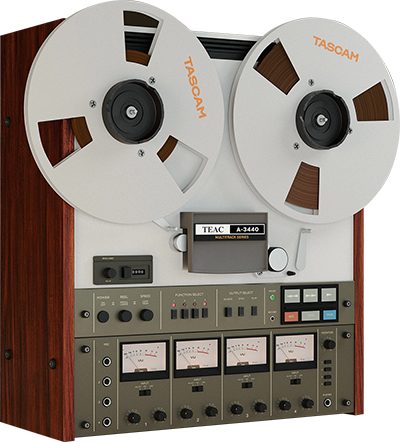
In the late 1970s, synthesizers were a rarity. Whilst famous progressive rock bands like Yes and Tangerine Dream gigged with an impressive variety of polyphonic and monophonic synths, those getting into electronic music had a much harder time. During a time when the punk ethos of picking up a guitar and making songs from three chords was the fashion, owning a synthesizer was exhorbantly expensive let alone finding someone else who owned one. As a young teenager, Jonathan Spybey saved all his pocket money and butcher boy earnings for a year or two and eventually bought his first synthesiser - a Sequential Circuits Pro-One. It was the time when cassettes were coming into their own and across the country people started creating independent music distributing it through the the burgeoning independent cassette scene. One of those bands - The Sea Of Wires - became a fascination to the teenage synth enthusiast. Around about 1982 he discovered one of its members - Chris Jones - had moved reasonably close to him. Armed with his Pro-One and Chris' Korg MS20 they collaborated on an early album in the band Carn Dum with Melanie Jones (no relation) on guitar on a few tracks. It was very early days musically speaking and primary influences were bands like Tangerine Dream, Jean-Michel Jarre & Kraftwerk.

Abigail's Party
This fascination with synthesizers led him to form Abigail's Party with Andy White and Nick Dunnington - originally creating early electro pop with influences like early Human League, Depeche Mode and Kraftwerk(again). One day, whilst at a friend's house, they became so entranced on hearing Bauhaus' The Sky's Gone Out and Joy Division's Closer that they completely changed direction. This tectonic shift in musical influence was was complete upon hearing Cocteau Twins' 12" The Spangle Maker at the wrong speed. Complete with guitars, a TEAC A3440 4-track, a Sequential Circuits DrumTraks and a newly purchased digital delay they developed a unique sound and were even mentioned on the BBC Radio One's John Peel show. Around this time they were interviewed on BBC Radio Lincolnshire. The band continued performing in Lincolnshire - Boston's Blackfriars Arts Centre, Scremby Hall and Lincoln until half the band moved to London.

Pelican Vault
Abigail's Party continued to create music until the early 1990s when Jonathan Spybey met Andi Cross. The result was Pelican Vault - a band strongly influenced by Cocteau Twins, Dif Juz with a smattering of CindyTalk. Through a mutual friend, Jonathan and Andi ended up joining CindyTalk for a brief time. Around this time Jonathan juggled music with working in the pop video industry with bands like The Prodigy.
Marmalade Soup
The next solo project was Marmalade Soup - a return to Jonathan's electronica roots. In the 90s he released the original album 'Marmalade Soup' and for a long time there was a hiatus in his musical creative output. With the advent of digital music distribution platforms, Jonathan began to record again.
Always a lover of Kraftwerk, his influences became even more widespread over time with deep dives into Krautrock, Autechre, Durutti Column and Dif Juz. The music has evolved and matured. The influence of Autechre and Jazz adds a special dissonance to the work, with an underpinning of ambient electronica.
About Jonathan
Jonathan Spybey was born into a Methodist family - the son of a Methodist Minister. He fell away from the church in his teens and became a Buddhist for thirteen years. Towards the end he realised he was practicing Buddhism for the wrong reason - as he had a sense of guilt when he didn't practice. It took him three years, but eventually he weaned himself off Buddhism. Around that time he met his future wife who wanted to settle with someone who was a Christian. Jonathan said he'd go to church, but wouldn't necessarily believe. When he went to church though, he was shocked to discover he enjoyed the worship music. Growing up in a traditional church, worship had never been something to enjoy! After a couple of years, he got baptised and discovered the presence of the Holy Spirit. This was a life-changing experience - and looking back was what he had been looking for (and thought he had found) in Buddhism. His faith in Jesus has grown ever since - though his love of alternative music remained a constant. Today, Jonathan continues to create music that is increasingly God-inspired without it necessarily being Christian in content.